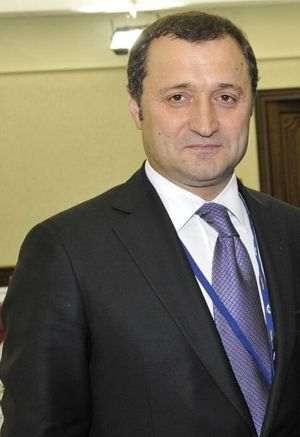Neuralink, a company founded by billionaire Elon Musk, has received the green light to launch its first clinical trial in Canada. The step marks an important milestone in the development of its revolutionary device, designed to allow paralyzed people to interact with digital devices using only their thoughts.
• A device that promises to revolutionize medicine
The Canadian study will focus on evaluating the safety and functionality of the device, intended for patients with tetraplegia, who cannot use any of their four limbs. The implant, integrated into the brain through an advanced neurosurgical procedure, allows external devices to be controlled through neural signals. University Health Network Hospital in Toronto has been selected to conduct the study, strengthening the collaboration between Neuralink and leading healthcare institutions around the world. In the United States, Neuralink has already implanted two patients, one of whom uses the device to play video games and project 3D objects, demonstrating the technology's potential to significantly improve the quality of life for people with disabilities.
• Brain-chip interface: closer to widespread use
Founded in 2016, Neuralink has dedicated itself to developing a brain-chip interface that could redefine modern medicine. Beyond controlling external devices, the company is pursuing more complex uses, such as restoring mobility, communication, and even vision. In September 2024, Neuralink obtained "breakthrough device" certification from the US Food and Drug Administration (FDA) for an experimental implant designed to restore vision. This recognition opens the door to more varied applications, including for patients suffering from blindness or other severe conditions. Neuralink hopes that its implants will become viable solutions for treating conditions that, until now, seemed irreversible.
• Challenges and Controversies
While the technology promises remarkable benefits, Neuralink has also faced challenges, including questions about ethics and safety. Experimental procedures, involving interventions on the brain, require rigorous testing to prevent risks. Canada's regulatory authority, Health Canada, has not yet issued an official statement on the subject, but the approval of the clinical trial underlines the authorities' confidence in the device's potential.
• A more accessible future for people with disabilities
Neuralink's projects symbolize the rapid advancement of neurotechnology. By collaborating with renowned institutions and expanding research internationally, Elon Musk's company continues its mission to transform the way severe disabilities are treated. If clinical trials prove successful, these implants could radically change the lives of patients, giving them not only independence but also new possibilities for communication and interaction. Thus, Neuralink is not only developing an innovative product, but also redefining the boundaries of what is possible in medicine and technology.



















































